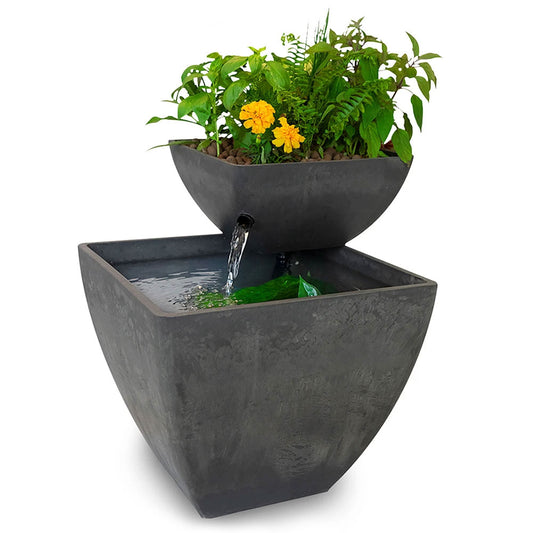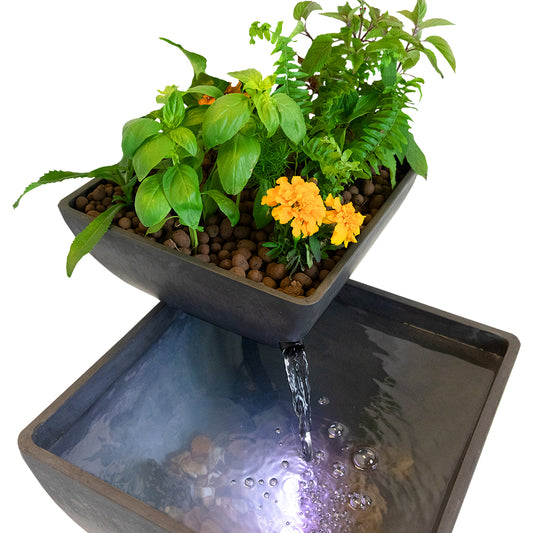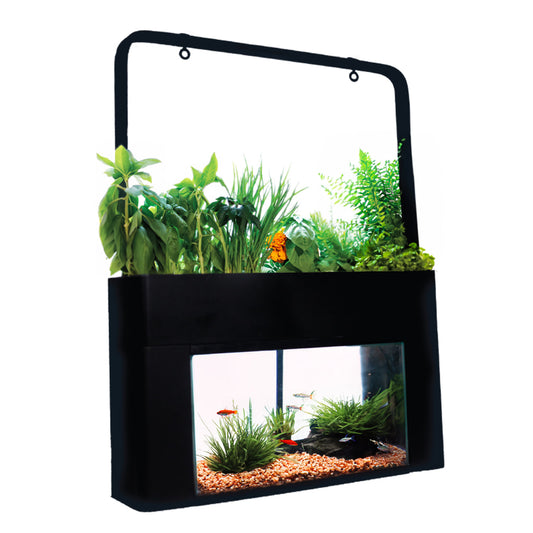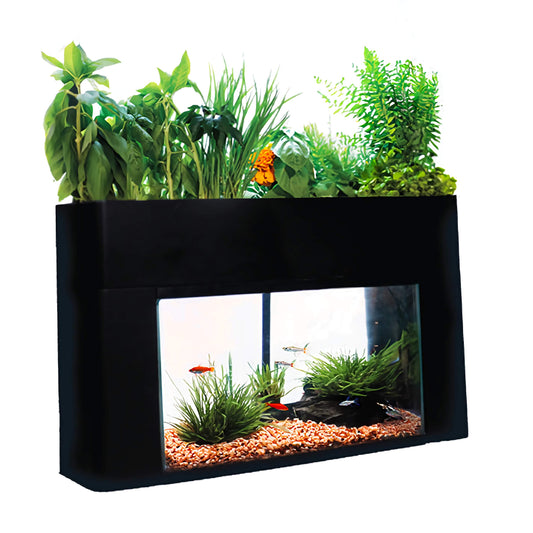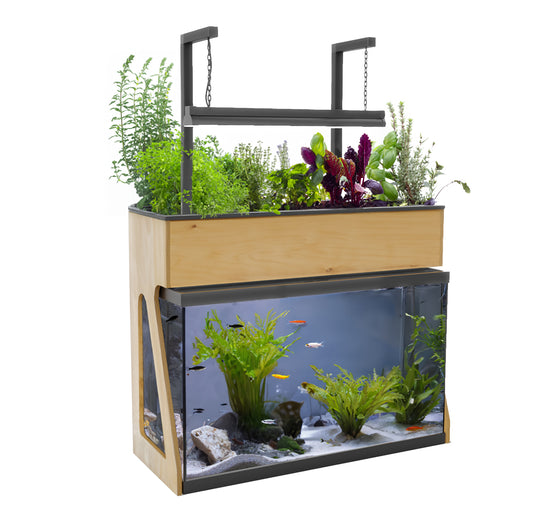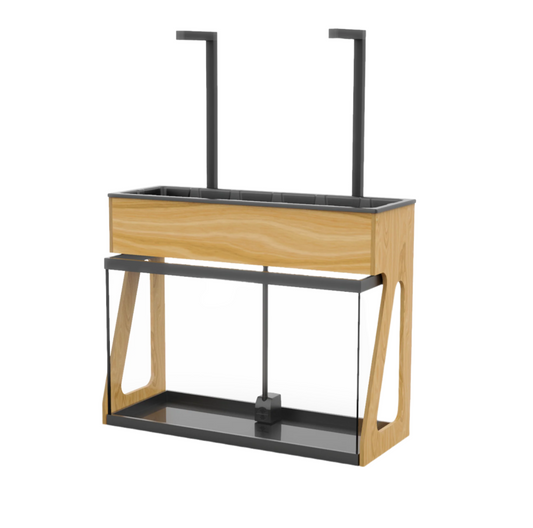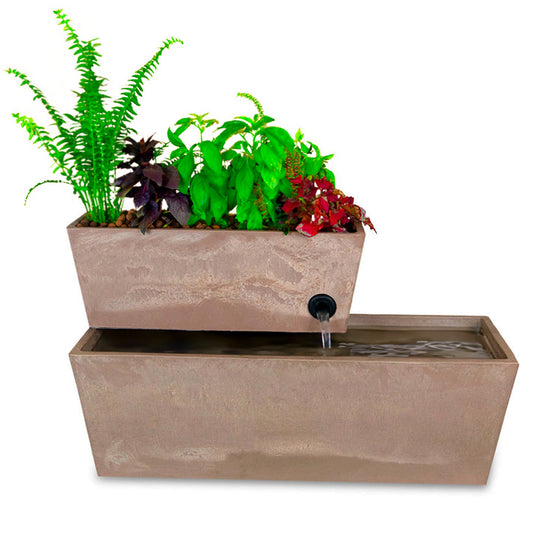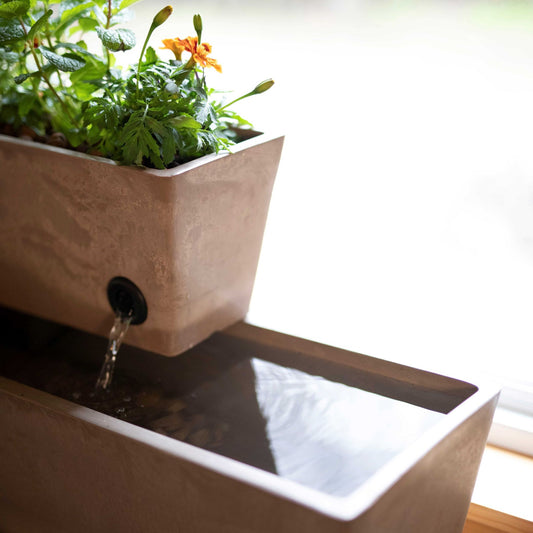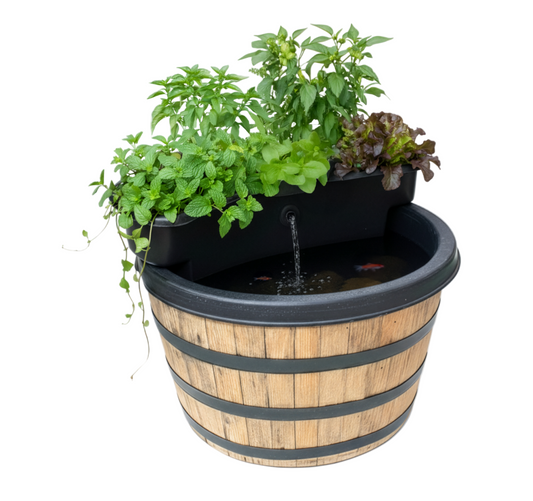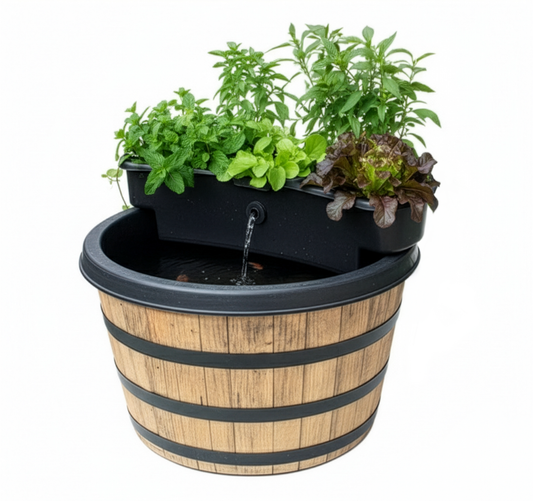Using Homemade Insecticide Spray in Aquaponic and Hydroponic Gardens
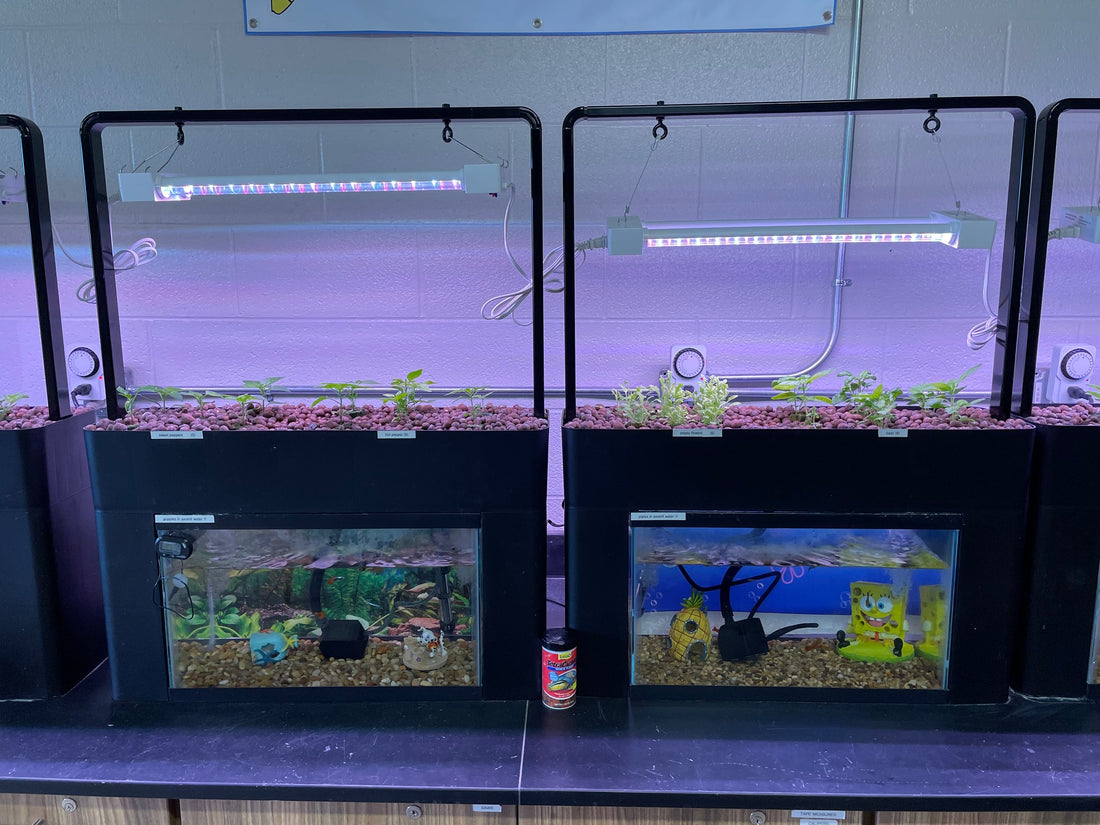
When integrating aquaponics or hydroponics into your gardening routine, it’s important to keep pest control in mind. Fortunately, there are non-toxic and eco-friendly options that can be used to combat pests in your greenhouse or indoor garden. In this blog post, we will share with you a recipe for a homemade insecticide spray that is safe for use in aquaponic and hydroponic gardens.
This insecticide spray recipe is made up of natural and safe ingredients, which makes it an excellent alternative to synthetic or chemical based sprays. And the best part is that it can be easily whipped up with ingredients that are readily available. Before we dive into the recipe, let’s talk a little bit about the ingredients and why they’re effective against pests.
- Tea Tree Soap: Natural insecticide that is effective at controlling a variety of pests such as whiteflies, aphids, and spider mites. It helps to disrupt the lipid membranes of the insects and suffocate them.
- Peppermint Soap: Works in a similar way to tea tree soap, but it has a specific effect on spider mites. Peppermint oil is a natural pesticide that has been found to be effective in repelling spider mites.
- Hydrogen Peroxide: Natural oxidizer that can be used to treat root rot and other fungal infections that can affect your plants. It also has the added benefit of supplying oxygen to the roots, thereby improving their health and growth.
- Alcohol: Adding alcohol to the insecticide spray increases its effectiveness against pests. Alcohol can help to break down the outer shell of certain insects and make the soap and oil more effective at suffocating them.
- Water: Necessary to dilute the ingredients and make the spray safe for use. It's important to use clean, distilled water to avoid any harmful chemicals or additives in the mix.
- Neem Oil: Natural pesticide that has been used for centuries in traditional Indian medicine. It is effective against a wide range of insects and pests, including whiteflies, aphids, and spider mites. Neem oil works by interfering with the feeding and reproductive abilities of pests, ultimately leading to their demise.
| Ingredient | Amount (ml) | Percentage |
|---|---|---|
| Tea Tree Soap | 5 | 1.88% |
| Peppermint Soap | 5 | 1.88% |
| Peroxide | 1 | 0.47% |
| Alcohol | 20 | 7.82% |
| Water | 219 | 87.64% |
| Neem Oil | 1 | 0.31% |
| Total | 250 | 100% |
Instructions:
- In a spray bottle or container, combine the alcohol and water.
- Add the tea tree and peppermint soap, and shake well.
- Next, add the peroxide and neem oil, and shake again.
- Allow the spray to sit for a few minutes before use.
The insecticide spray is now ready to use. Be sure to shake the bottle well before each use, as the ingredients may settle overtime. We recommend applying the insecticide spray in the morning or the evening when the sun is not too hot. This will help to prevent the foliage from burning. Additionally, it’s important to avoid spraying the solution directly on your fish or the water in your aquaponics system, as this may harm your aquatic inhabitants.
In addition to using homemade insecticide spray, there are a number of other things you can do to control pests in your aquaponic or hydroponic garden:
- Inspect your plants regularly: It is important to inspect your plants regularly for signs of pests. If you see any pests, take action immediately to prevent them from spreading.
- Use companion planting: Companion planting is a technique where you plant different types of plants together to help control pests. For example, some plants release volatile organic compounds (VOCs) that repel pests.
- Use biological controls: Biological controls are beneficial insects or other organisms that can help to control pests. For example, ladybugs eat aphids, and lacewings eat spider mites.
- Keep your garden clean: Remove any dead or diseased plant material from your garden. This will help to reduce the number of pests and diseases in your garden.
Why Cinnamon Works Against Aphids
Cinnamon is not only a delicious spice for cooking but also a potent insecticide for your garden. Its effectiveness against aphids can be attributed to several factors:
- Antifungal Properties: Cinnamon has strong antifungal properties that can help protect plants from fungal infections often associated with aphid infestations.
- Repellent Effect: The strong scent of cinnamon acts as a natural repellent, deterring aphids from settling on your plants.
- Oils in Cinnamon: The essential oils found in cinnamon can be toxic to aphids, disrupting their nervous system and ultimately leading to their death.
Here is a simple method to incorporate cinnamon into your pest control routine:
- Mix one tablespoon of ground cinnamon with one liter of water.
- Let the mixture sit overnight to allow the cinnamon to infuse into the water.
- Strain the mixture to remove any large particles and pour it into a spray bottle.
- Spray the solution directly onto the aphids and affected areas of the plants. Be sure to cover the undersides of leaves where aphids often hide.
Additional Tips for Effective Use:
- Apply the cinnamon spray in the early morning or late evening to avoid the hot sun, which can cause the spray to evaporate quickly.
- Reapply the spray every few days, especially after rain or watering, to maintain its effectiveness.
- Combine cinnamon treatment with other pest control methods for a holistic approach to managing aphids.
By incorporating cinnamon into your pest control arsenal, you can effectively combat aphids without resorting to harsh chemicals, ensuring a healthy and thriving aquaponic or hydroponic garden.

